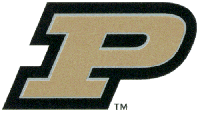Indianapolis, IN – Copyright attorneys for DISH Network LLC of Englewood, Colorado, EchoStar Technologies LLC of Texas, and NagraStar LLC of Englewood, Colorado have filed a copyright infringement lawsuit in the Southern District of Indianaalleging that Thomas Williams of Coal City, Indiana infringed DISH’s copyrighted works by illegal satellite signal interception.
The complaint gives a detailed, technical description of a “pirate IKS television service” called Dark Angel. Apparently the Dark Angel service allows subscribers to intercept the DISH service without paying the license and subscription fees to DISH. The complaint alleges that Mr. Williams purchased subscriptions to the Dark Angel service on April 9 and July 19, 2010. The complaint makes claims of “circumventing an access control measure” and receiving satellite signals without authorization, both in violation of the Digital Millennium Act as well as one count of intercepting satellite signals in violation of the Electronic Communications Privacy Act.
Practice Tip: The complaint states that DISH learned of Mr. Williams identity through discovery in a lawsuit DISH has filed against Dark Angel. It states that DISH seized all of Dark Angel’s business records and gleaned the names of the end users from these business records.
 Indiana Intellectual Property Law News
Indiana Intellectual Property Law News







